Native gardening involves growing plants that are naturally adaptable to the local climate and soil conditions. Native plants offer many benefits for the environment and gardeners. Here are some of the benefits:
- Biodiversity and Wildlife Support:
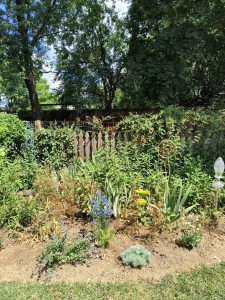
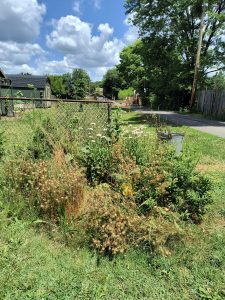
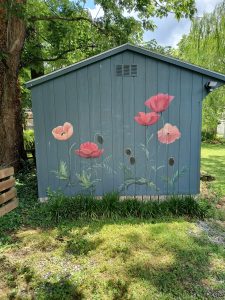
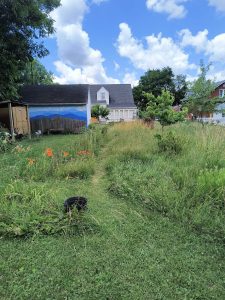
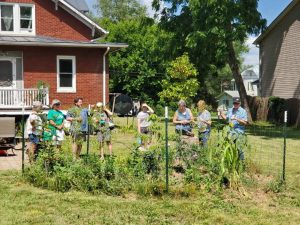
Native plants provide nectar, pollen, and seeds for the butterflies, insects, birds and other animals. Unlike non-natives plants, they do not require insect pest control and they offer rewards to their visitors.
2. Environmental Benefits:
They require fewer pesticides and fertilizers than lawns and help prevent erosion. They help reduce water runoff which can lead to flooding. Their deep root systems enhance soil water storage capacity, contribute to air pollution reduction, and sequester carbon from the air.
3. Low Maintance:
Established native gardens typically need less maintance than exotic species. Due to reduced mowing and minimal chemical use, they are eco-friendly.
4. Aesthetic Appeal:
Native gardens and beautiful with seasonal blooms, textures and colors. They connect your garden to the surrounding landscapes. They can provide learning experiences for all ages and foster an understanding of local ecosystems and conservation. It supports local ecosystems and enhances your surroundings.
5. List of Virginia Native Plants:
- Spotted Beebalm
- Inkberry
- Winterberry
- Witch Hazel
- Great white trillium
- Viburnum nudum
- Virginia sweetspire
- Cardinal flower
- Virginia bluebells
- Virginia mountain mint